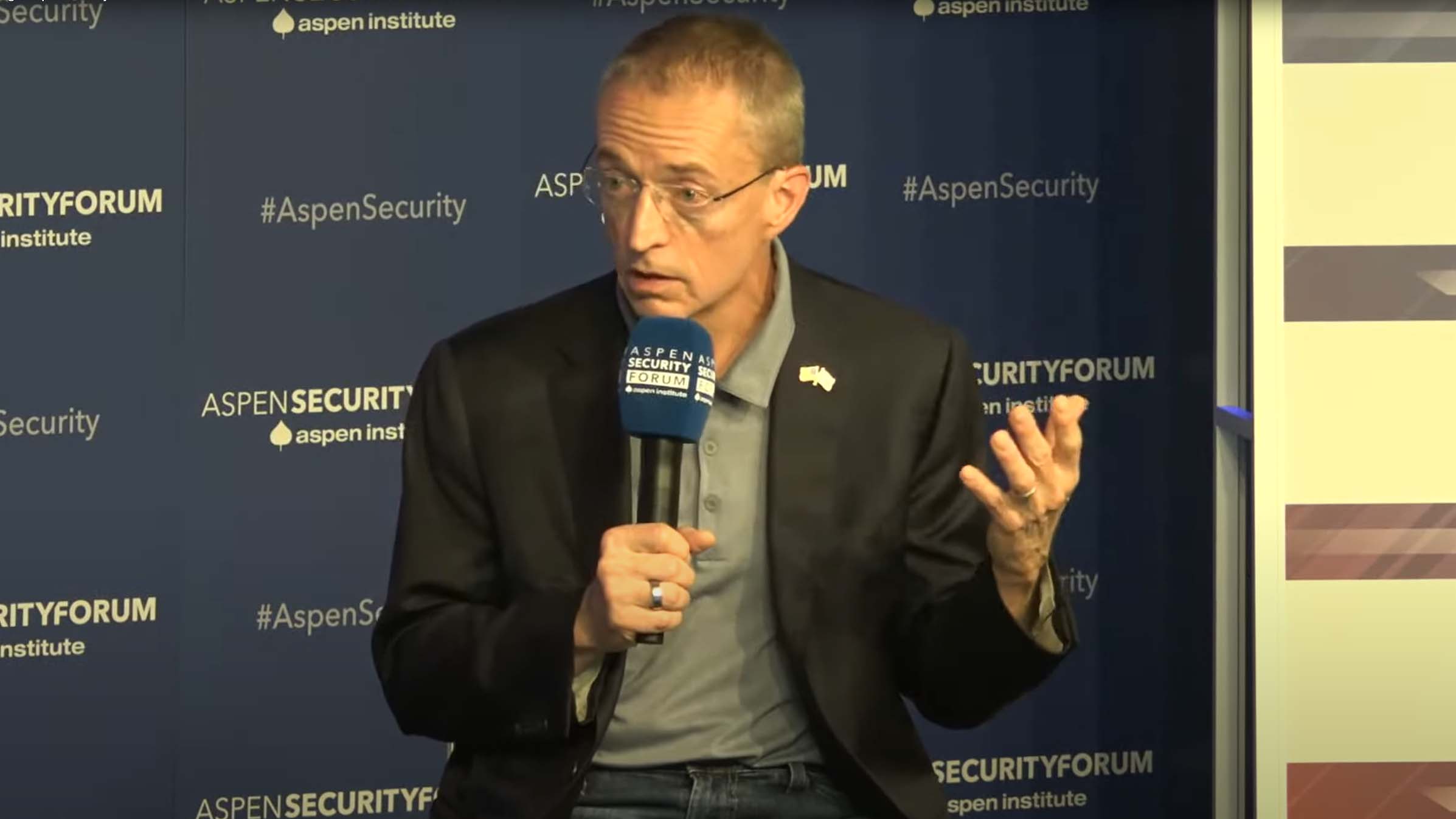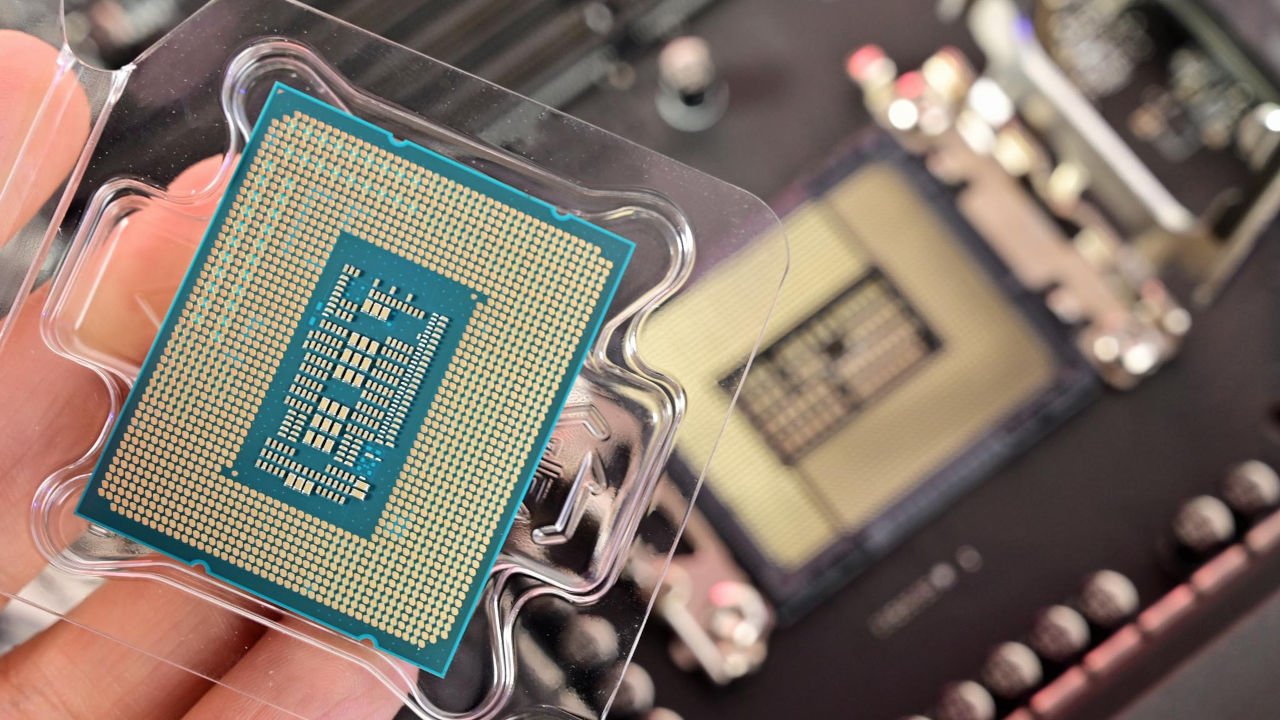
What you need to know
- On August 9, 2022 Joe Biden signed the CHIPS and Science Act into law which includes $39 billion in subsidies for chip manufacturers on US soil.
- During Aspen Security Forum 2023, Intel CEO Pat Gelsinger stated that national security and the US economy are reasons why Intel should face fewer trade regulation restrictions.
- He also controversially said that Intel should get a larger portion of the CHIPS Act money due to its US-based R&D, which Intel's competitors don't do.
Back in July during the Aspen Security Forum 2023, Steve Clemons, an editor at Semafor, interviewed US Commerce Secretary Penny Prizker as well as Intel CEO Pat Gelsinger to discuss the CHIPS and Science Act as it related to semiconductors and national security.

- Best Intel CPUs
- Best AMD CPUs
- Best AMD GPUs
- Best NVIDIA GPUs
During the interview, Gelsinger gave reasons as to why Intel shouldn't face as many restrictions from trade regulation and stated that national security wasn't an issue in this area so those restrictions should be focused elsewhere. “Today we have over 1,000 companies on the Entity List, many of which have nothing to do with national security, and nothing to do with security concerns in China.” He reasons that narrowing the list to companies of actual concern to national security will free up Intel operations to positive effect for the US.
This seems to have been a staging point from which he went on to state reasoning for why Intel should receive a bigger cut of the US CHIPS Act money compared to Samsung and TSMC. His reasoning is controversial to some, but the argument boils down to the fact that Intel is a US company that does its research and development (R&D) in the US whereas its competitors are based in other countries and do their R&D overseas. “All of my essential R&D is done here. Most of their work is done overseas. We should benefit more,” he said.
The CHIPS and Science Act also called the CHIPS Act, was signed into law roughly a year ago by President Joe Biden on August 9, 2022. The aim of the act is to "boost American semiconductor research, development, and production" to make the US less dependent on China. Currently, 75 percent of global production comes from East Asia. The CHIPS Act provides $52.7 billion to help this increased US semiconductor endeavor with the largest chunk of $39 billion specifically intended for "manufacturing incentives." The hope is that the CHIPS Act will "revitalize domestic manufacturing, create good-paying American jobs, strengthen American supply chains, and accelerate the industries of the future."
Windows Central's take
With so much money on the table, it makes sense why Gelsinger is advocating that Intel get a larger slice of the pie. His argument that Intel is a US company that does its research and development in the US seems like a strong one at first glance, especially relating to feeding back into the US economy. However, creating a strong semiconductor industry in the US is more complicated than just giving cash to a manufacturer.
As explained by the Semiconductor Industry Association (SIA) there is a rising shortage of tech workers within the US's semiconductor Industry and it's estimated that the US will be roughly 67,000 short of workers in the semiconductor industry by 2030. This lack of qualified workers on US soil is the reason why TSMC has made plans with the US to send hundreds of qualified workers from Taiwan to US plants (thank you, Nikkei).
If the US really wants to become less dependent on China and other countries for semiconductors then it needs to focus its attention on creating qualified tech workers, not just throwing money at the manufacturers that can bring overseas employees to the US.







